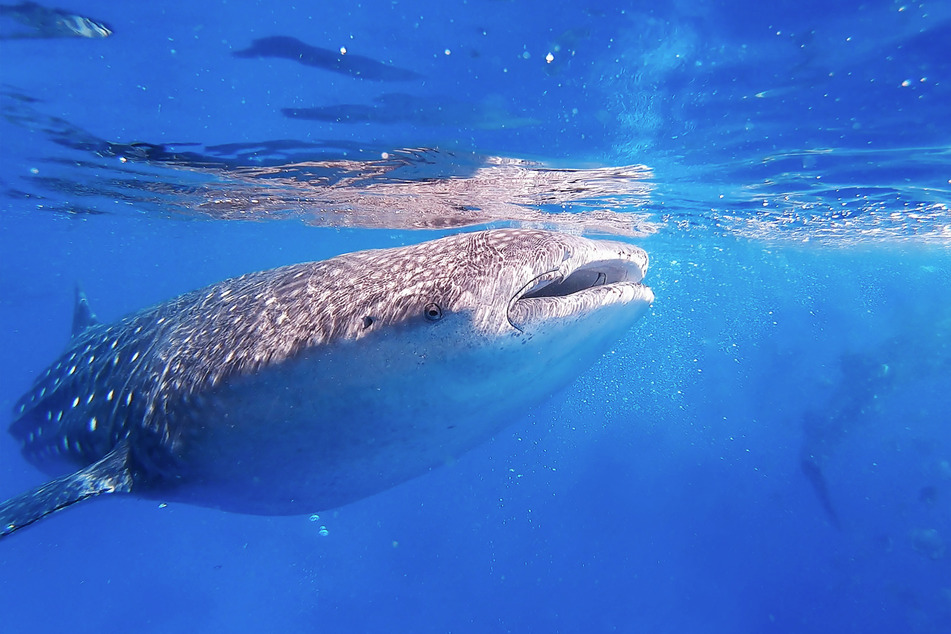How to save endangered whale sharks from devastating boat collisions
Scientists are suggesting a number of different ways to reduce the risk of collisions between whale sharks and large shipping vessels, one of the leading causes of death for the endangered species.

A report released on Wednesday has revealed that endangered whale sharks are highly at risk of being killed by ship collision, even when compared to other similar species.
The paper – released by the University of Southampton and published in Science of the Total Environment – made it clear that, if whale sharks are to survive as a species, urgent action needs to be taken to reduce collisions with large industrial vessels.
More specifically, it seems that whale shark territory almost always overlaps with major "large shipping vessel traffic" routes.
It is within these areas that precautions need to be taken to reduce collisions.
As the demand for trade increases, more and more ships will pass through these regions, further worsening the toll on whale sharks and other similar species.
A 2019 study by McGill University drove home the dangers posed by this increase when it predicted a 20-fold increase in "global marine invasion risk" by 2050.
How can we save the whale sharks?

The most recent study suggests a variety of measures that could be taken to reduce the risk of collisions between shipping vessels and wildlife.
In particular, they are asking for vessels passing through whale shark territory to reduce their speed by 75%, noting that while this would only reduce the overall transit time of most vessels by 5%, it may have a "potentially high gain" for whale sharks.
"One of the benefits of speed reductions is that they can be temporarily introduced during whale shark peak seasons," said Dr. Womersley, lead author of the academic paper.
"These speed limits can also be applied to smaller vessels which are less deadly but can still damage the sharks."
Most important, however, is for authorities and shipping companies to be made aware of where the high-risk areas are and in which months seasonal peaks occur so that they can account for whale shark movement patterns.
By identifying these factors, companies can not only slow down the deaths but also come up with "rerouting" methods, which are one of the most effective ways to reduce risk – for obvious reasons.
Dr. Gonzalo Araujo, director and founder of Marine Science & Conservation, said that "rerouting is the most direct way to reduce the risk of collision and our results suggest that this will often be more cost-effective than speed reduction, mainly because whale shark core sites are small."
"Movements of as little as 12 nm (22.2 km) away from a core whale shark habitat could mean fast transiting ships avoid the site entirely."
What is clear from the report's findings is that the best way to reduce whale shark fatalities that come as a result of vehicle collisions is a combination of raising awareness with shipping companies and enforcing rerouting practices as well as lower ship speeds.
"Our findings highlight the need for targeted measures within these areas to reduce the risk of collision and improve the conservation status of endangered whale sharks," the report stated.
Cover photo: Unsplash/Olga Ga

